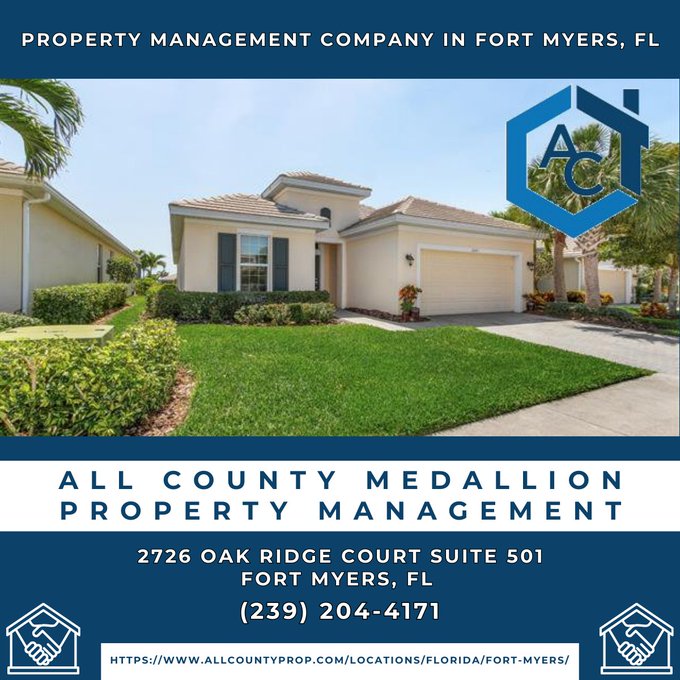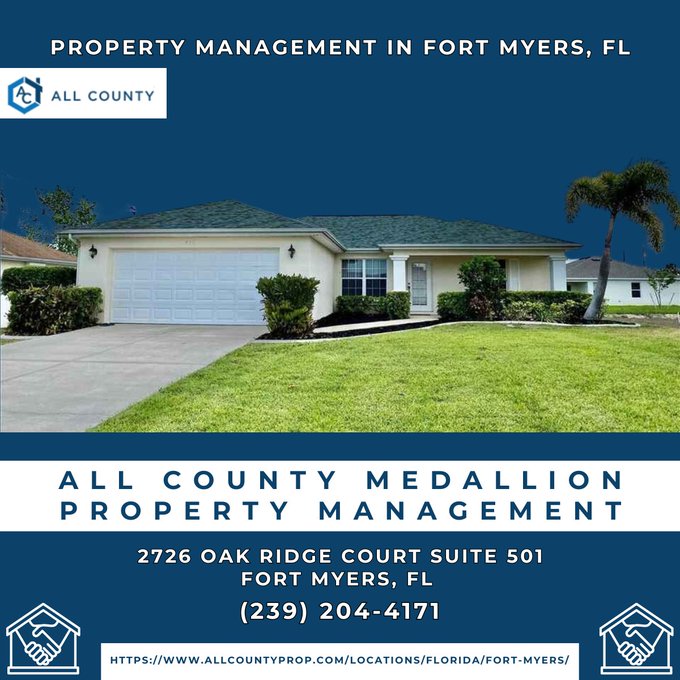Introduction
The property management industry is undergoing a significant transformation as we approach 2024. Emerging technologies, evolving tenant expectations, and changing regulations are shaping the landscape in unprecedented ways. This article explores the future of property management, examining key trends and predictions that will define the industry in the coming year. From advancements in automation to shifts in rental market dynamics, let's dive into what lies ahead.
What is the Future of Property Management?
As we step into 2024, the future of property management promises to be more data-driven, customer-centric, and technologically advanced than ever before. With a growing emphasis on sustainability and efficiency, property managers are poised to leverage innovative solutions that not only enhance tenant experiences but also streamline operations.
Key Trends Shaping Property Management in 2024
1. Increased Adoption of Technology
The integration of technology in property management is no longer optional; it's essential. From AI-driven chatbots that handle tenant inquiries to sophisticated property management software that analyzes market trends, technology will play a crucial role in optimizing operations.
1.1 Smart Home Integration
Smart home technology is on the rise, with devices like smart thermostats and security systems becoming standard features in rental properties. This trend not only appeals to tech-savvy tenants but also offers landlords greater control over their properties.
1.2 Virtual Tours and Augmented Reality
As remote work becomes more common, virtual tours and augmented reality applications are reshaping how potential tenants experience properties. These technologies allow prospective renters to explore spaces without physically being there.
2. Enhanced Focus on Sustainability
Environmental sustainability is becoming increasingly important in property management. As tenants become more eco-conscious, property managers will need to implement green practices that reduce environmental impact.
2.1 Energy Efficiency Programs
Implementing energy-efficient systems such as solar panels and energy-saving appliances can attract environmentally minded renters while reducing operational costs for landlords.
2.2 Green Certifications
Properties with green certifications are gaining popularity among renters who prioritize sustainability. Property managers must consider obtaining certifications like LEED (Leadership in Energy and Environmental Design) to appeal to this demographic.
3. Evolving Tenant Expectations
Today's renters have higher expectations than ever before when it comes to amenities and service levels.
3.1 Personalized Services
Tenants now expect personalized services tailored to their individual needs. Property managers will need to adopt a customer-centric approach by offering concierge services or community-building events.
3.2 Flexible Leasing Options
With lifestyle changes driven by remote work, flexible leasing options — like short-term rentals or co-living arrangements — are becoming increasingly popular among tenants seeking adaptability.
4. Regulatory Changes Impacting Property Management
As we move into 2024, various regulatory changes will impact how property managers operate across different states.
4.1 Landlord-Tenant Laws Updates
Staying informed about changes in landlord-tenant laws is crucial for compliance and avoiding legal issues. Managers will need ongoing training to navigate these http://mcdowell-mountain-regional-park-21.image-perth.org/off-season-adventures-in-fort-myers-what-to-expect evolving regulations effectively.
What is the Average Property Management Fee in Florida?
When considering hiring a property manager in Florida, one vital question arises: What is the average property management fee? In Florida, typical management fees range from 8% to 12% of gross monthly rents depending on services provided and location complexities.
Understanding Property Management Fees
5. Types of Management Fees Explained
Property management companies may charge different types of fees:
- Monthly Management Fees: A percentage of total rent collected. Leasing Fees: Charged for finding new tenants. Maintenance Fees: For managing repairs or upkeep.
6. What is a Good Management Fee?
A good management fee typically aligns with industry standards while providing value through excellent service quality—often around 10% of monthly rent collected.
Who are the Top 10 Property Management Companies? Let’s explore some leading players:
| Rank | Company Name | |------|-----------------------| | 1 | Greystar | | 2 | Lincoln Property Company| | 3 | CBRE | | 4 | Cushman & Wakefield | | 5 | JLL | | 6 | Colliers International | | 7 | Avison Young | | 8 | Tricon Residential | | 9 | RPM Living | | 10 | BH Management Services |
These firms dominate through their vast portfolios and expertise across various markets.
7. Why is There High Demand for Property Managers in Florida?
Florida's booming real estate market drives demand for skilled property managers due to factors such as attractive rental yields and high influxes of residents seeking housing solutions amidst growth hotspots like Miami and Orlando.
Do I Need a License to be a Property Manager in Florida? In Florida, yes! To manage properties professionally, you must obtain a real estate license unless you’re managing your own investment properties.
8. How Long Does It Take to Become a Property Manager in Florida?
Typically, obtaining your real estate license can take several months depending on course completion times; however, practical experience can vary widely based on individual circumstances.
9. Can I Manage My Own Property in Florida?
Absolutely! If you own an investment property, you can manage it independently without requiring licensing as long as you're not representing others' interests commercially.
10. What Percent Do Most Property Management Companies Take?
Most companies take between 8% –12% of collected rents; however, this can depend significantly on services offered—additional fees may apply for leasing or maintenance tasks undertaken by the firm.
FAQs about Property Management Costs
FAQ #1: What is the hourly rate for a property manager in Florida?
The hourly rate for property managers typically ranges from $25-$75 per hour based on experience level and specific responsibilities undertaken during engagements with clients or properties managed directly by them.
FAQ #2: How much does a certified property manager make in Florida?
A certified property manager can earn an annual salary ranging from $50K - $100K+, depending largely on location within Florida’s competitive real estate markets coupled with years spent acquiring relevant expertise.
FAQ #3: What is a typical management fee?
A typical management fee hovers around ten percent (10%) but varies based upon company size/scope along with geographical factors influencing operating costs incurred during service delivery.
FAQ #4: What state has the most property management companies?
California boasts one of the highest concentrations of registered/active firms specializing solely within residential/commercial asset oversight across its numerous metropolitan areas known for thriving economies tied closely together through tourism/housing demands meeting local needs head-on.
FAQ #5: Is a 1% management fee high?
A one percent (1%) rate could be viewed as favorable considering most agencies charge upwards towards eight percent (8%), particularly if inclusive perks accompany such low pricing structures—be wary though!
FAQ #6: How much does property management charge in Texas?
In Texas specifically expect averages aligning closely around similar national figures reflecting between eight percent (8%) - twelve percent (12%) pending scope required per client agreement established beforehand ensuring transparency maintained throughout processes undertaken collectively thereafter moving forward tactically accordingly!
Conclusion
The future of property management looks promising with technological advancements paving new paths toward efficiency while elevating tenant experiences simultaneously alongside sustainable practices integrating seamlessly throughout operations too enriching communities locally within respective environments cultivated over time together collaboratively fostering progress forward looking optimistically ahead anticipating further innovations anticipated unfolding continuously iteratively enhancing overall sector development moving forward inevitably into uncharted territories successfully navigating challenges encountered alike creatively adapting proactively thereby achieving fruitful outcomes consistently thereafter continually striving towards excellence perpetually cultivating resilience unwaveringly innovatively!
With these trends shaping up nicely already emerging now let’s keep our eyes peeled—it’s sure going be an exciting journey ahead indeed!
In summary, "The Future of Property Management: Trends and Predictions for 2024" indicates robust growth driven mainly through innovation paired alongside evolving consumer expectations demanding heightened service levels altogether leading us toward brighter horizons lying just beyond sight beckoning exploration generation after generation evolving hand-in-hand harmoniously progressing together onwards forever onwards indefinitely!


